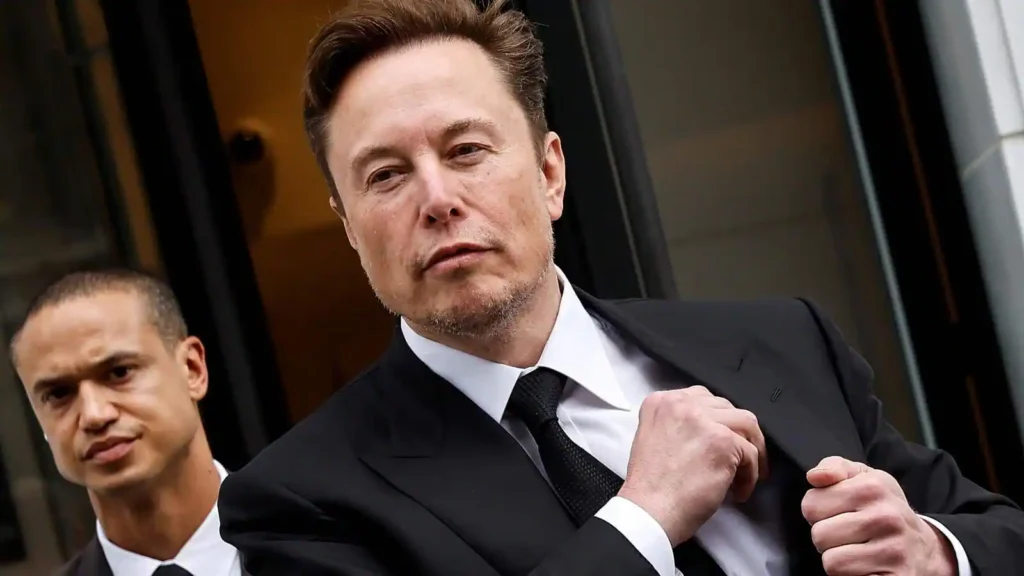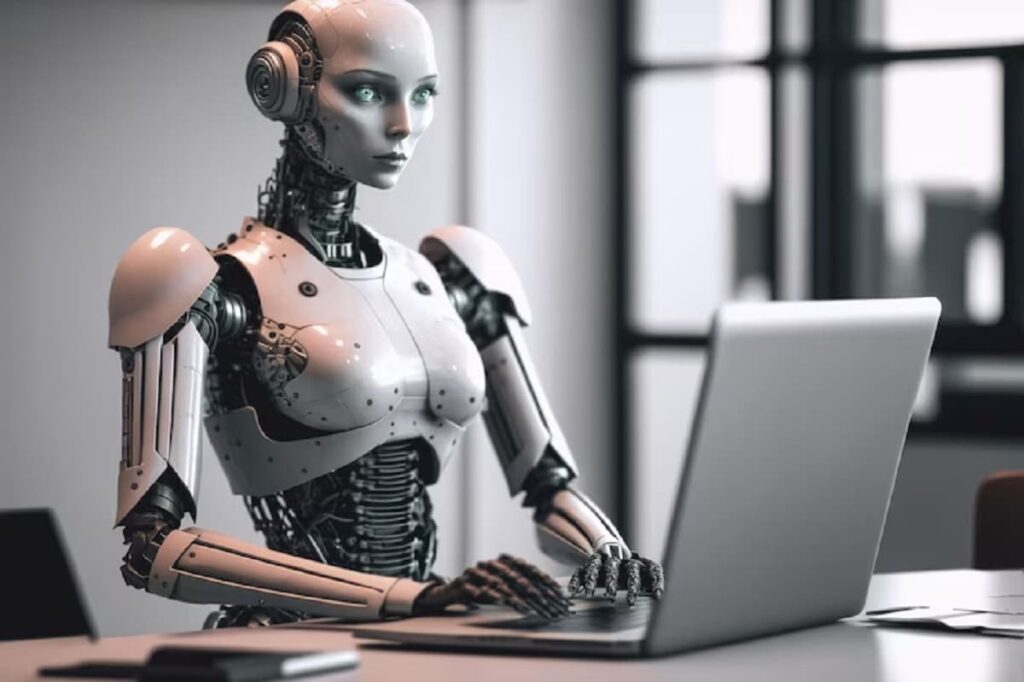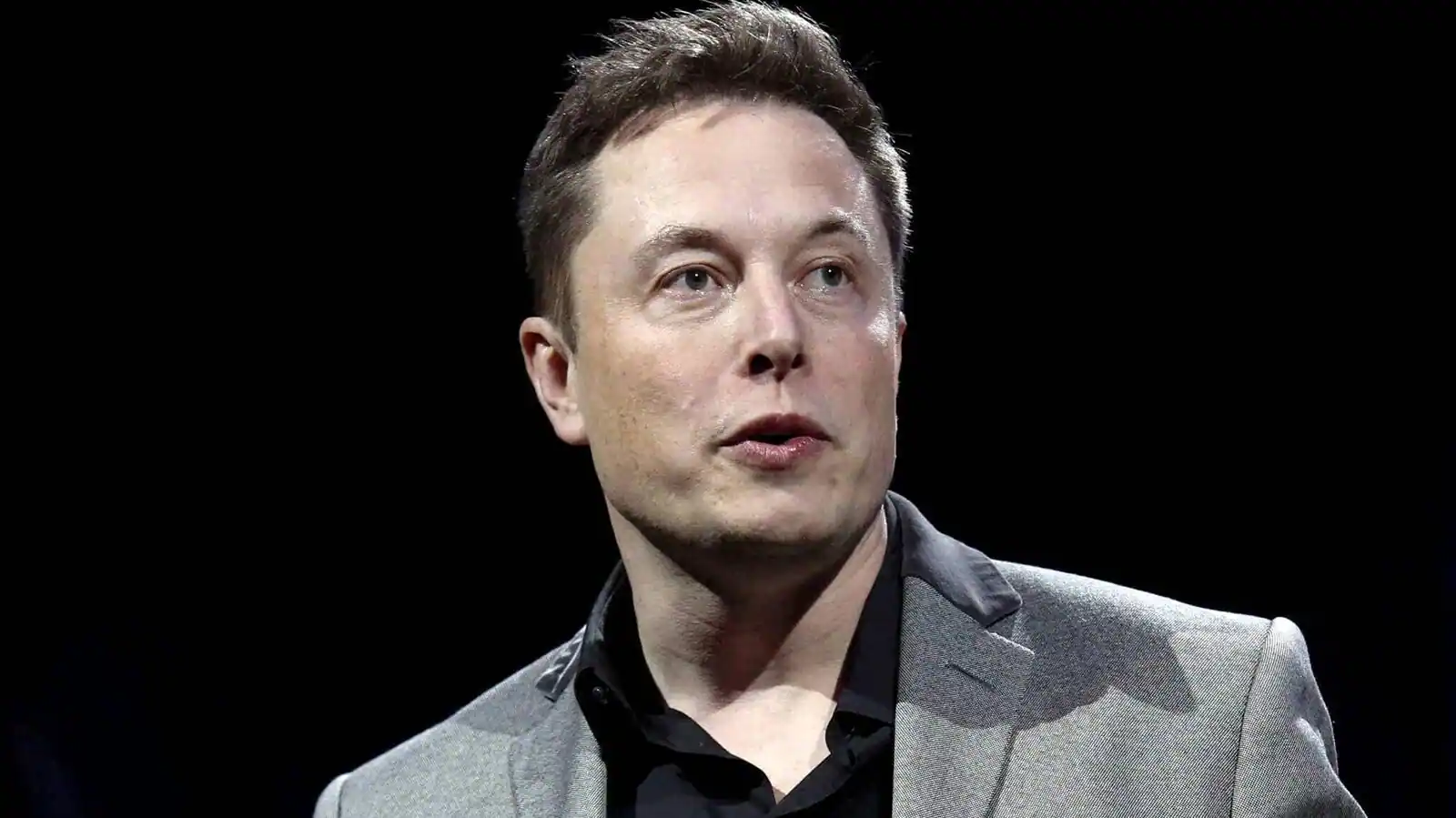Elon Musk, the billionaire entrepreneur, has turned his attention towards Microsoft, taking issue with the control the tech giant has over OpenAI, the artificial intelligence startup that Musk was an early investor in. Microsoft invested over $10 billion in OpenAI, making it the largest shareholder and giving it access to the startup’s advances in AI, including the development of ChatGPT, a conversational chatbot. ChatGPT has disrupted the search engine industry and has been integrated into Microsoft’s Bing search engine, as well as its new Microsoft 365 business software, called CoPilot. Musk has criticized Microsoft for turning OpenAI, which he believed should remain a non-profit, into a source of revenue and profit. He has called for it to return to its original status as an open-source non-profit. The disagreement has escalated into a war of words, with Musk accusing Microsoft of being a “ruthless corporate monopoly” and questioning its commitment to democratic values.

Musk’s attacks on Microsoft have centered on the fact that Microsoft gained exclusive access to the entire OpenAI codebase as part of its investment, giving it an advantage in the development of AI technology. Musk believes that this is against the spirit of the startup and that it should remain open to everyone, including researchers and companies interested in AI. He has also questioned the ethical implications of a single company having such a large amount of control over AI development and the potential risks this could pose. Musk has been vocal about his concerns regarding the dangers of AI and has called for regulation to be put in place to prevent it from being used to harm society.
The conflict between Musk and Microsoft highlights the increasing tensions between tech giants over the control of AI technology. As AI becomes more advanced and widespread, the competition for control and ownership of the technology is likely to intensify. While some see the development of AI as a revolutionary breakthrough that will transform industries and benefit society, others view it as a threat to jobs and privacy, and a potential source of harm if not regulated properly.

It remains to be seen how the conflict between Musk and Microsoft will be resolved, but it is clear that the control of AI technology will continue to be a contentious issue for some time to come. As AI becomes more integrated into our lives, it is important that ethical and regulatory frameworks are put in place to ensure that it is developed and used in a responsible and safe manner.
Musk’s criticism of Microsoft’s control over OpenAI is not the first time he has expressed concerns about the future of AI. The billionaire entrepreneur has long been a vocal advocate for cautious development and regulation of AI, warning of its potential to outpace human intelligence and pose a threat to humanity.
In 2015, Musk and several other prominent technology leaders signed an open letter calling for greater regulation and oversight of AI research. He has also advocated for the development of “friendly AI” that is aligned with human values and interests.
However, Musk’s criticism of Microsoft’s involvement with OpenAI is not shared by everyone. Some industry experts believe that Microsoft’s investment and integration of ChatGPT into its products and services is a positive development for AI research and innovation.

They argue that Microsoft’s resources and expertise can help accelerate the development of AI and bring its benefits to more people and businesses. They also point out that Microsoft has made commitments to responsible AI development, including creating an AI ethics board and developing principles for AI design and use.
Ultimately, the debate over the future of AI and its role in society will continue to be a contentious issue. As AI technology advances and becomes more pervasive in our lives, it will be important for stakeholders to engage in thoughtful and responsible discussions about its development and use.
Elon Musk, the CEO of Tesla, is publicly criticizing Microsoft’s ownership and control over OpenAI, an artificial intelligence startup that Musk was an early investor in. Musk believes that OpenAI should remain a non-profit organization that is accessible to everyone, rather than a revenue stream for a single company like Microsoft.

One of OpenAI’s most successful creations is ChatGPT, a conversational chatbot that has been integrated into Microsoft’s Bing search engine and is now being added to its Microsoft 365 business software. ChatGPT is capable of performing complex tasks such as writing a book, and it has disrupted the search engine industry by providing exact answers to user queries rather than just links.
Musk’s criticism of Microsoft stems from his belief that big tech companies have a democratic bias and push a progressive agenda at the expense of conservative values. He previously challenged Apple over its 30% commission on in-app sales and purchases, and he deployed a strategy of presenting the company as an enemy of free speech to rally conservatives to his cause.
It remains to be seen how the confrontation between Musk and Microsoft will play out, but Musk’s comments have raised questions about the ownership and control of artificial intelligence technology and the role of big tech companies in the industry.
